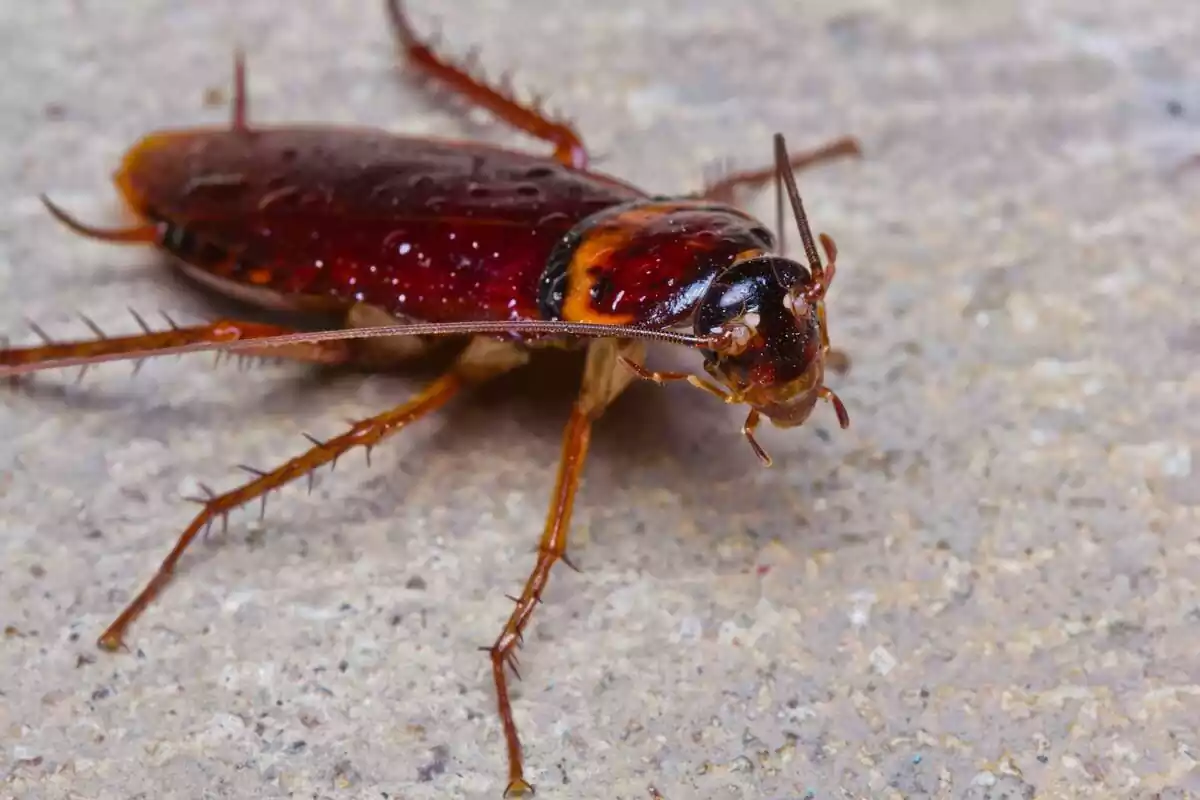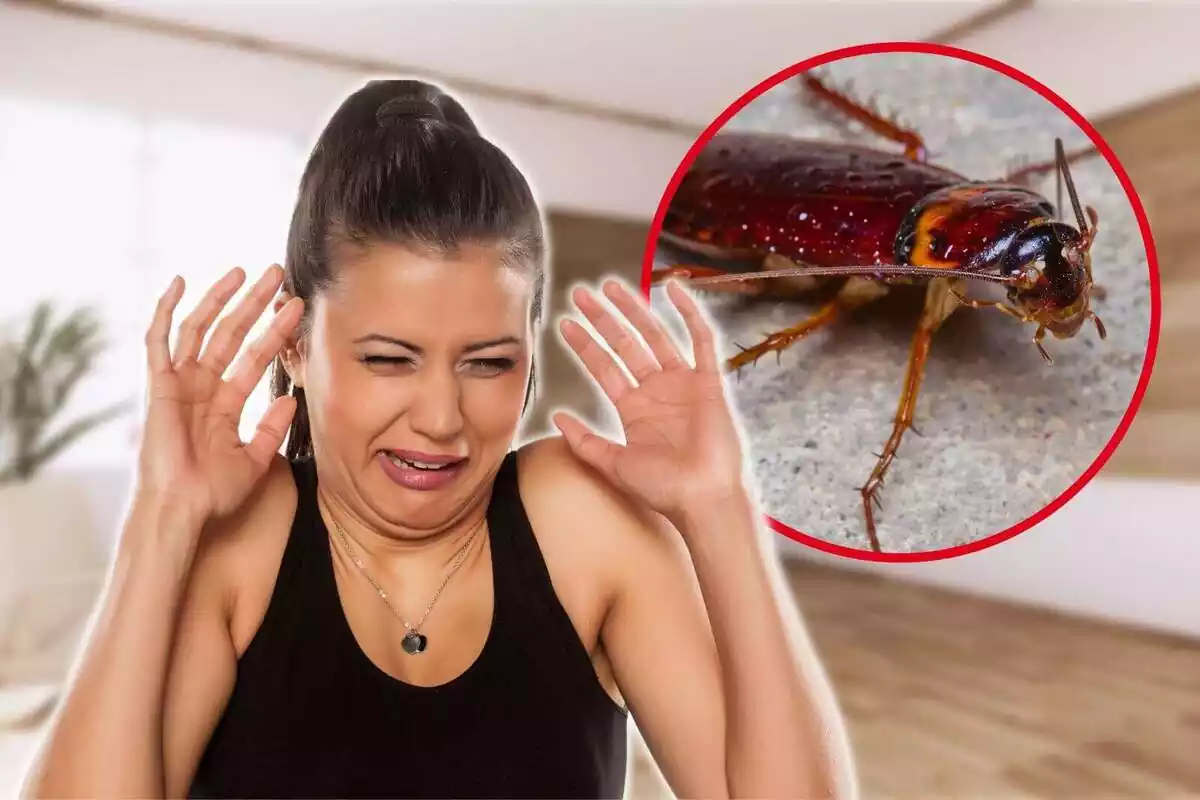Cockroaches are small, fast, and terrifying. Although they don't bite or transmit an immediate danger, almost everyone feels repulsed by them. Other insects, like flies or crickets, rarely generate as much disgust. Why does this happen? Psychology and entomology agree: our fear has deep roots, mixing primal instincts with cultural and social factors.
According to entomologist Jeff Lockwood, cockroaches can trigger responses similar to anxiety or even trauma. Their unexpected presence, speed, and the possibility that they might fly create a sense of loss of control, setting off our natural alertness.
Dirt and diseases: aversion has a biological basis
Although they're not poisonous, cockroaches inhabit places we associate with filth: garbage, sewers, and decaying food. Our brain links these environments with danger and disease. Psychology explains that anything we associate with health risks triggers disgust and repulsion.

This explains why we feel an almost instinctive rejection. Even without direct contact, imagining them in our kitchen or bathroom causes discomfort. Their ability to survive in unsanitary environments reinforces this perception.
Physical appearance and behavior that make us nervous
The appearance of cockroaches doesn't help: their shiny shell, long legs, and erratic movement produce immediate rejection. The mind associates them with decay and danger, activating defense mechanisms. In addition, their ability to move quickly and disappear in seconds increases our sense of vulnerability.
We don't just see an insect; our brain interprets a potential threat that forces us to react with fear or disgust. This combination of factors makes cockroaches perceived as "inhumanly repulsive."

Social and cultural influences
It's not all biology; the way we learn to perceive cockroaches greatly influences our fear. Horror movies, crime series, and advertising campaigns portray them as symbols of filth or danger. From childhood, we observe how adults react with disgust or fear, and we learn to imitate them.
They're rarely shown in a neutral or positive way. This social education reinforces the natural rejection and can turn aversion into phobia in extreme cases. The combination of instinct, experience, and culture explains why few people can tolerate seeing a cockroach without feeling uncomfortable.
The hatred toward cockroaches is a complex phenomenon, mixing instinct, social learning, and cultural associations. It doesn't matter that they're not dangerous: their mere presence activates our alertness, generates repulsion, and sometimes intense fear. Understanding why we hate them helps control the reaction and, if the phobia is intense, seek professional help.

